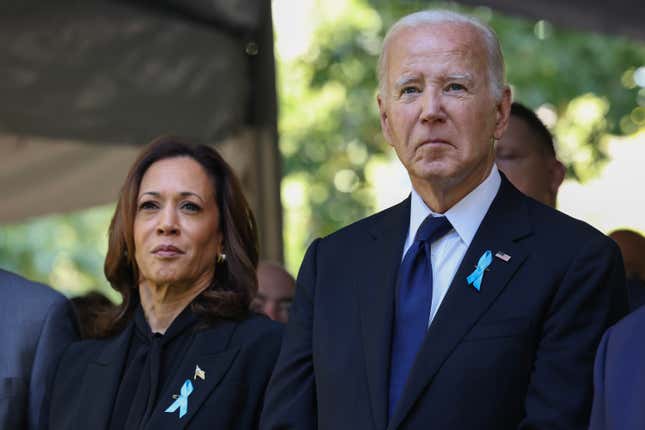
In This Story
The Biden-Harris Administration has announced new regulations aimed at curbing the “significant increased abuse” of the de minimis exemption by Chinese e-commerce giants, including Shein, Temu, and Alibaba. Rising use of the exemption, which allows shipments valued at $800 or less to enter the U.S. duty free, has raised concerns over potential consumer safety risks and fair trade violations.
The volume of these types of shipments entering the U.S. has skyrocketed from about 140 million annually a decade ago to over one billion today, the White House said in a statement. This increase has complicated the enforcement of trade laws and health standards, making it harder to block the entry of hazardous products such as counterfeit goods and “illicit synthetic drugs such as fentanyl.” Many of these shipments come from Chinese e-commerce platforms that, the White House said, exploit the exemption to flood the market with low-cost items while evading tariffs.
To combat these issues, the administration said it plans to introduce new rules to close the loophole. The proposed regulations will prevent shipments from avoiding tariffs if they contain products already subject to penalties. Additionally, the rules will enhance data collection for de minimis shipments, requiring detailed information such as a 10-digit classification number and the identity of the filer. These changes aim to improve tracking and enforcement, while clarifying eligibility for the exemption.
The administration is also urging Congress to pass comprehensive de minimis reform legislation by the end of the year. Some of those proposed reforms include excluding sensitive products from the exemption and increasing transparency for shipments claiming de minimis status.
The administration said such legislative changes would help protect American consumers, workers, and businesses, including U.S.-based textile and apparel manufacturers, ensuring fair competition and market safety. These announcements from the White House today mark the latest development in the U.S.-China trade war, and closely follow the release of new export controls aiming to curb China’s progress with AI.